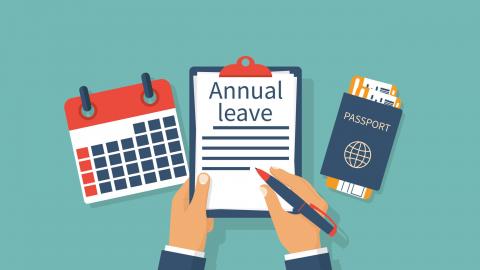Caregiver Discrimination
Caregiver Discrimination, also known as Family Responsibilities Discrimination (FRD), is an employment discrimination against employees who are based on their family's caregiving responsibilities. In order to protect individuals from discriminations, certain measures have been put in place in order to protect them.
What is included in caregiver protection
Inspite the absence of laws explicitly protecting caregivers, plaintiffs’ lawyers have found ways to bring successful caregiver claims through a patchwork of existing laws.
In California, caregiver plaintiffs have most commonly brought claims for pregnancy discrimination, sex stereotyping, and associational-disability discrimination under the FEHA, interference and retaliation claims under the California Family Rights Act (CFRA), and “kin care” claims under California Labor Code Section 233, which protects the right of employees to use sick leave to care for their family members. Under federal law, caregiver discrimination plaintiffs have primarily relied upon Title VII of the Civil Rights Act of 1964 (Title VII), the Americans with Disabilities Act (ADA), and the Family Medical Leave Act (FMLA). While these laws often provide a robust legal framework for challenging caregiver discrimination, this patchwork is incomplete.
Sign up for HRWordGenius
Join now to expand your vocabulary with our Term of the Day emails.




